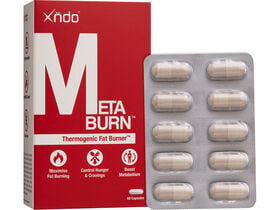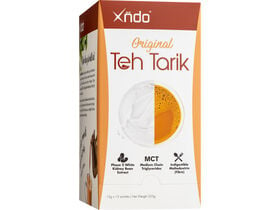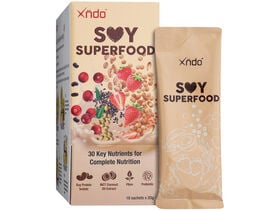Why Your Diet Didn't Work

If diets don't work, what's the alternative?
You found a diet and followed it. Sure, it worked for a while, then it went wrong.
Perhaps it just got too difficult. Maybe it ended in an all-out binge. It could be that while you stuck to the plan, it stopped being effective or backfired. Instead of achieving your goal, the diet left you demoralised and back at square one. It’s a common story. And you are not alone. On average those who diet give up after five weeks; one in ten after only one week. Many women who diet for weight loss do not lose weight, but actually gain it.
So what is going on?
The biggest problem with diets is maintaining them. The lifestyle changes, hunger and lack of satisfaction, and the often uninteresting food sets us up for failure. After all, we don't just eat for nutrition and sustenance. We eat for pleasure and to socialise.
Reduce Calories to Lose Weight... and Friends
Diets work by creating a calorie deficit. Simply: calories in being less than calories burned. This difference in what goes in and what is burned produces weight loss. Lots more factors are at play, such as metabolism, but ultimately, weight loss cannot occur without a calorie deficit.
Most diets follow a general pattern with three basic elements: diet changes, behaviour modification, and exercise. This means reducing your calories, taking time to plan meals and perhaps cutting down on social engagements involving food. The third is exercise. It can take a lot more than we think to burn off excess calories. It takes about 30 hours of jogging to burn off the same amount of energy stored in just 1kg of body fat. In the end, you can never out run a bad diet.
So where does that leave us?
The Anti-Diet Solution
Good weight management involves eating in a way that maintains a modest calorie deficit over time without creating undue hunger or requiring difficult lifestyle changes. The type of food eaten should contain a healthy balance of macronutrients. This means a protein dominant diet that has lots of fibre, moderate amounts of good fat and no carbohydrates (or low carbohydrates). Protein gives a slow release of energy, while fibre and fat keeps you full while also maintaining health.
Exercise should complement this change s a way to maintain health and fitness. It's best to combine kinetic exercises such as running, with some static exercises such as push-ups to signal to your body that it needs to keep existing muscle and break down your body fat instead. This system creates a gradual, sustainable weight loss.
Diets Don’t Work
Diets by their nature are short-term solutions to a long-term problem. They simply do not work. And growing evidence to suggest dieting harms health. To be effective, a way of eating to lose weight and keep it off has to be sustainable for the rest of your life.














